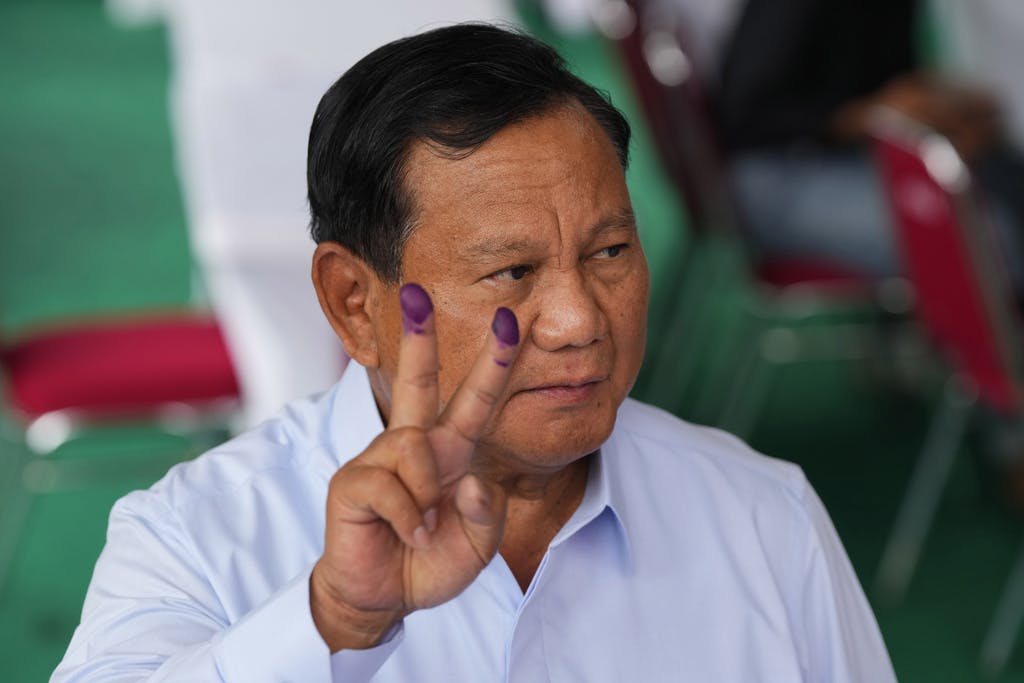
Kim Jong Un Glorifies North Korean Lives Lost in Ukraine War at Opening of Luxury Apartment Complexes at Pyongyang
By DONALD KIRK
|Moscow and Jakarta have been seeking ‘to deepen their military ties’ ever since Indonesia’s new president was elected last October, a professor at Australian National University, Matthew Sussex, writes.

Already have a subscription? Sign in to continue reading
$0.01/day for 60 days
Cancel anytime
By continuing you agree to our Privacy Policy and Terms of Service.

By DONALD KIRK
|
By BRADLEY CORTRIGHT
|
By GEORGE WILLIS
|
By MATTHEW RICE
|
By JOSEPH CURL
|
By MARIO NAVES
|
By BERNARD-HENRI LÉVY
|
By HOLLIE McKAY
|